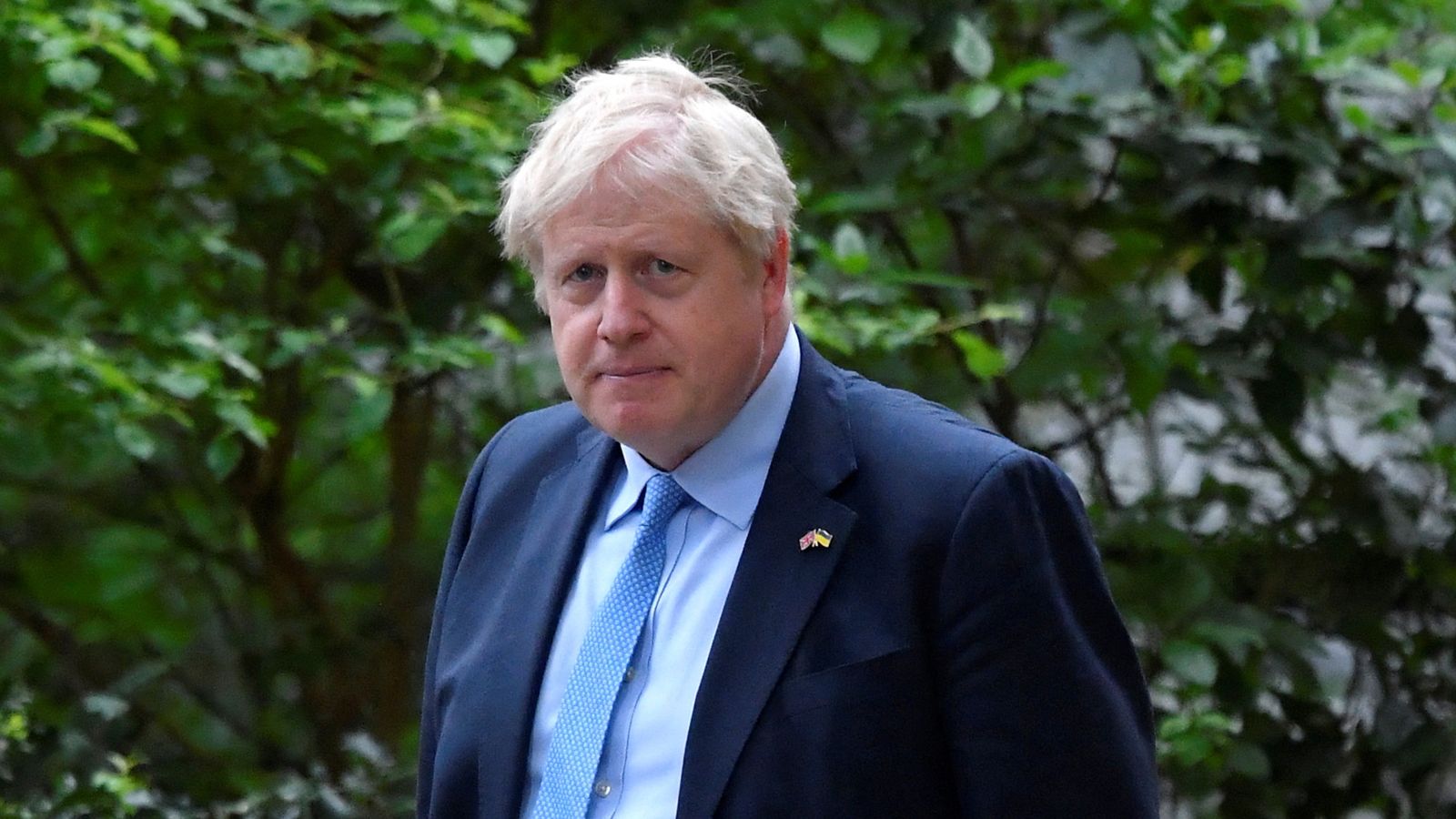
A finance officer believes it is necessary to sell the mined assets abroad to avoid the adoption of crypto in internal payments.
Kirill Pronin, head of Russian Central Bank (CBR)’s Department of financial technologies, acknowledged the possibility of crypto mining legalization under certain conditions. A public acknowledgment like this makes a rare case, as the CBR continues to lead the battle against the efforts to legalize crypto in the country.
The executive expressed his views on mining at the Saint-Petersburg International Legal Forum on Wednesday, June 29. During the session, dedicated to cryptocurrencies, Pronin revealed, that CBR doesn’t take the same kind of hardline position on mining, as in the case with the general crypto legalization:
“Despite the fact that we are speaking up consistently for the prohibition of cryptocurrencies’ turnover […] the discussion regarding mining’ legalization is possible.”
However, Pronin named several conditions, which, according to him, make this discussion possible. He insisted that the mined assets should be sold strictly abroad and in exchange for fiat money:
“Ultimately, we must say that there should be an export of these mining services, and the mining business shouldn’t lead to accumulation of cryptocurrency in the country, so there won’t be a motivation for a further usage in the internal payments.”
In a kind of personal reenactment of the ongoing battle for crypto between the CBR and the Ministry of Finance, the latter’s head of the Department of financial policy Ivan Chebeskov vocally disagreed with Pronin and reminded him that there are notable challenges for Russian miners to sell their crypto abroad these days.
Related: Russian government fails to forge a consolidated stance on crypto regulation
Responding to that, Pronin stated that there are no problems with accumulating the mined wealth on the public blockchains and selling it with their help.
In May 2022 the fresh draft of the law “On mining in the Russian Federation” appeared in the database of the lower chamber of the Russian parliament. The latest version spares the mining operators from the obligation to register in a special registry, and sweeps away the earlier proposed one-year tax amnesty.






